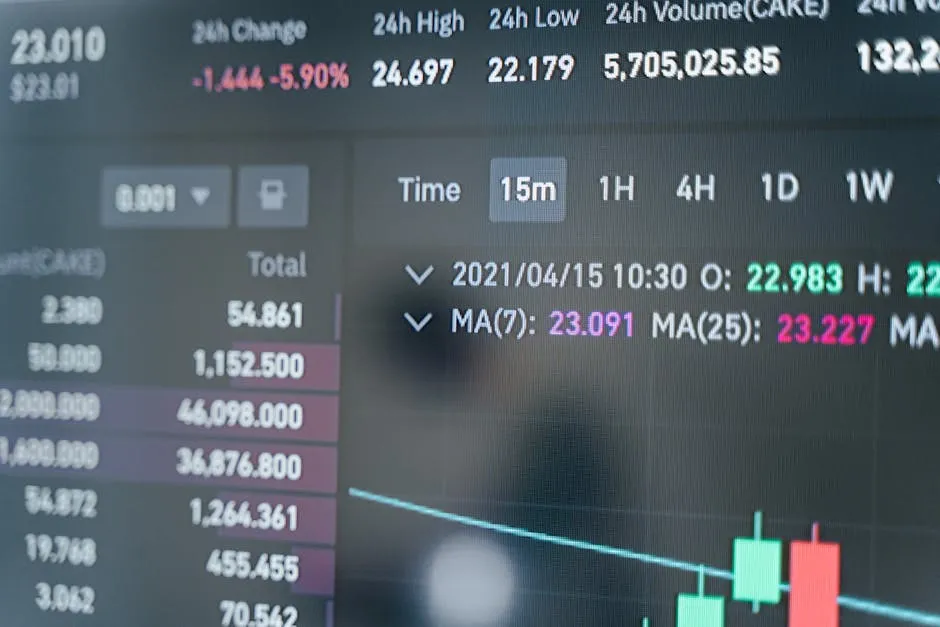
SEC Considers Blockchain-Based Stock Trading: A Step Toward Tokenization
The U.S. Securities and Exchange Commission (SEC) is reportedly exploring a groundbreaking plan that could revolutionize the way stocks are traded. This initiative would allow blockchain-based versions of stocks to be traded on cryptocurrency exchanges, marking a significant shift in the traditional financial landscape. As interest in tokenization grows, this move signals the SEC’s increasing support for integrating blockchain technology into financial markets.
The Rise of Tokenization
Tokenization refers to the process of converting ownership of real-world assets into digital tokens that can be traded on a blockchain. This innovative approach has gained traction in recent years, especially within the realms of cryptocurrencies and decentralized finance (DeFi). By allowing stocks to be tokenized, the SEC could potentially enhance liquidity, reduce transaction costs, and streamline the trading process.
What This Means for Investors
For investors, the implications of blockchain-based stock trading could be profound. With tokenized stocks, investors might enjoy greater access to various investment opportunities previously limited to traditional exchanges. The ability to trade fractional shares through blockchain technology could also make investing more inclusive, appealing to a broader audience.
Regulatory Considerations
While the SEC’s exploration of this plan is promising, it also raises several regulatory questions. Ensuring investor protection, maintaining market integrity, and addressing issues related to taxation and compliance will be paramount as the SEC moves forward. The regulatory body must strike a balance between fostering innovation and safeguarding the interests of investors.
The Future of Stock Trading
As the SEC continues to weigh the potential benefits and challenges of allowing blockchain-based stock trading, the financial world watches closely. If this initiative gains traction, it could pave the way for a new era of trading where traditional and digital assets converge. The move could also encourage more traditional financial institutions to explore blockchain technology, further bridging the gap between traditional finance and the burgeoning world of cryptocurrencies.
In conclusion, the SEC’s consideration of blockchain-based stock trading reflects a significant shift in the regulatory landscape. As the push for tokenization gathers momentum, investors and market participants must stay informed about the developments that could reshape the future of trading. The intersection of blockchain and traditional finance is becoming increasingly relevant, and it’s an exciting time for those involved in the financial markets.



